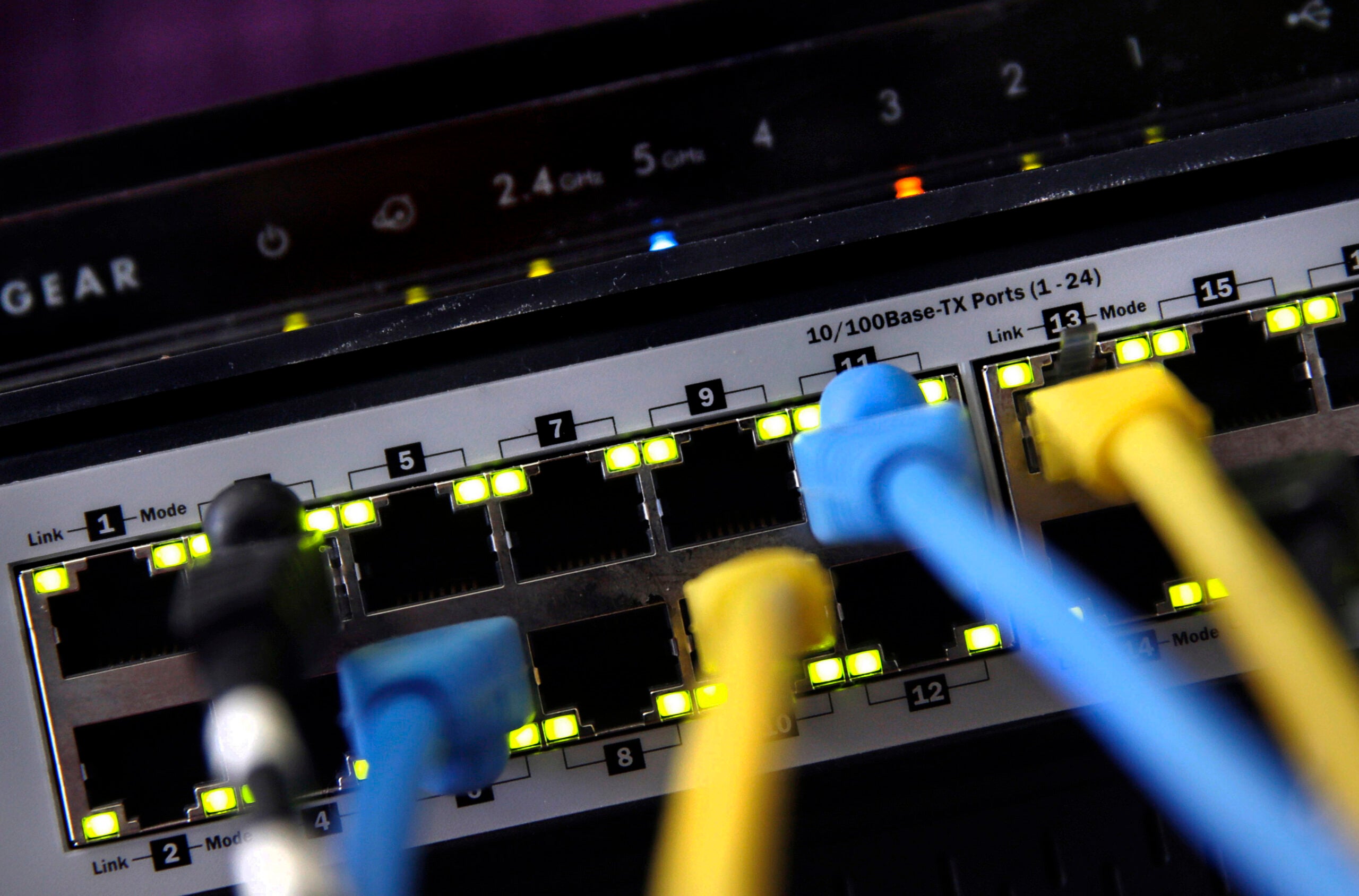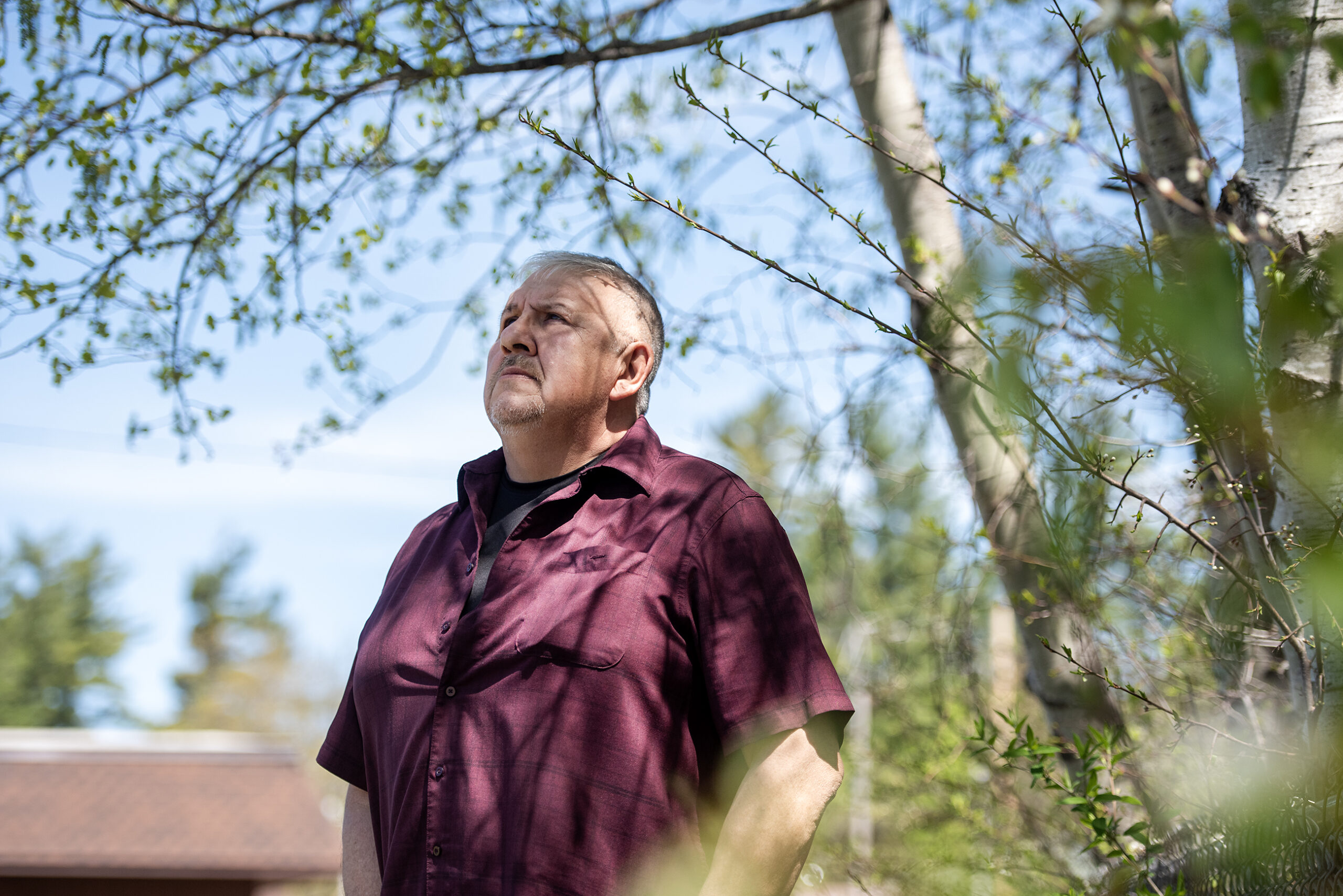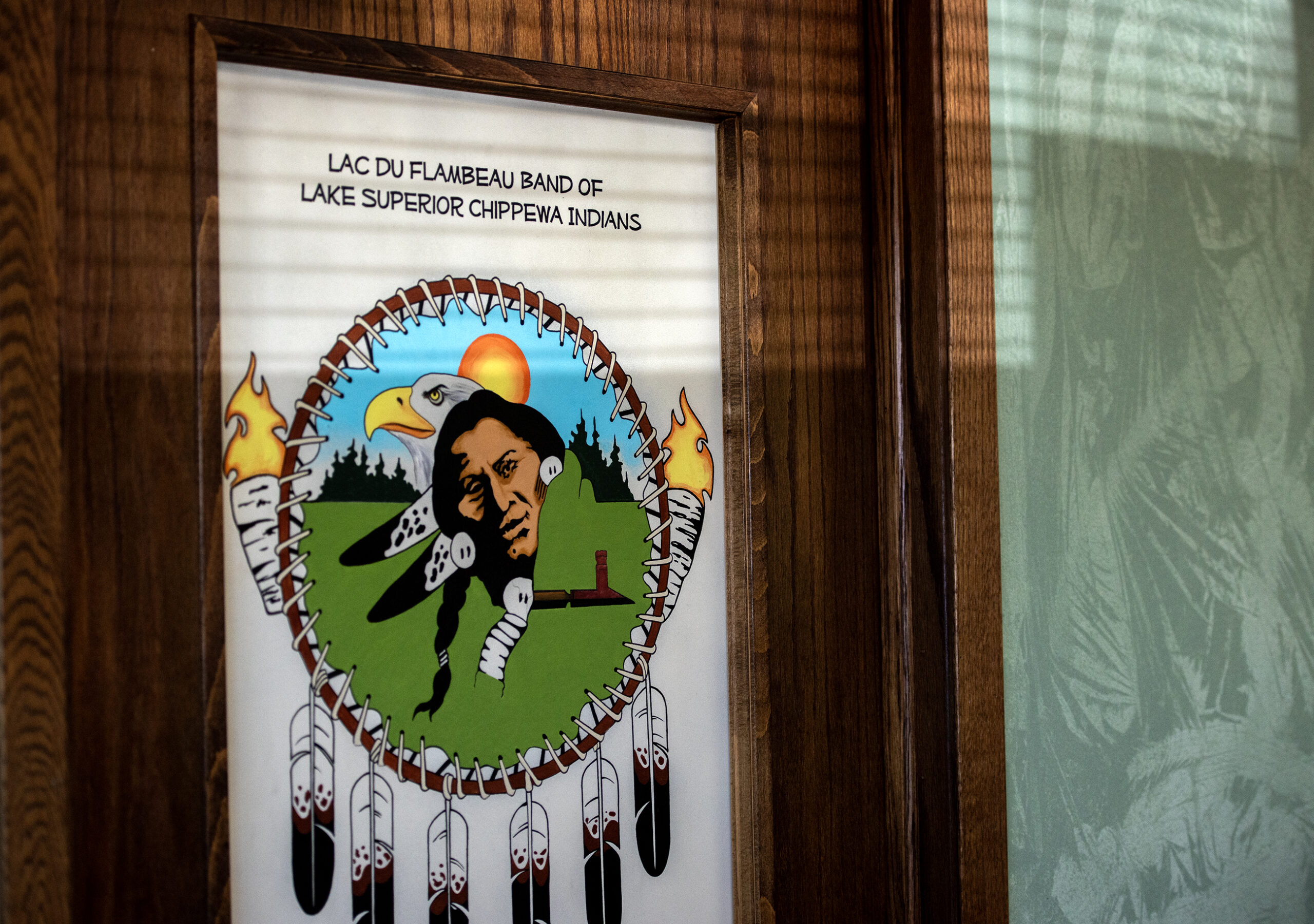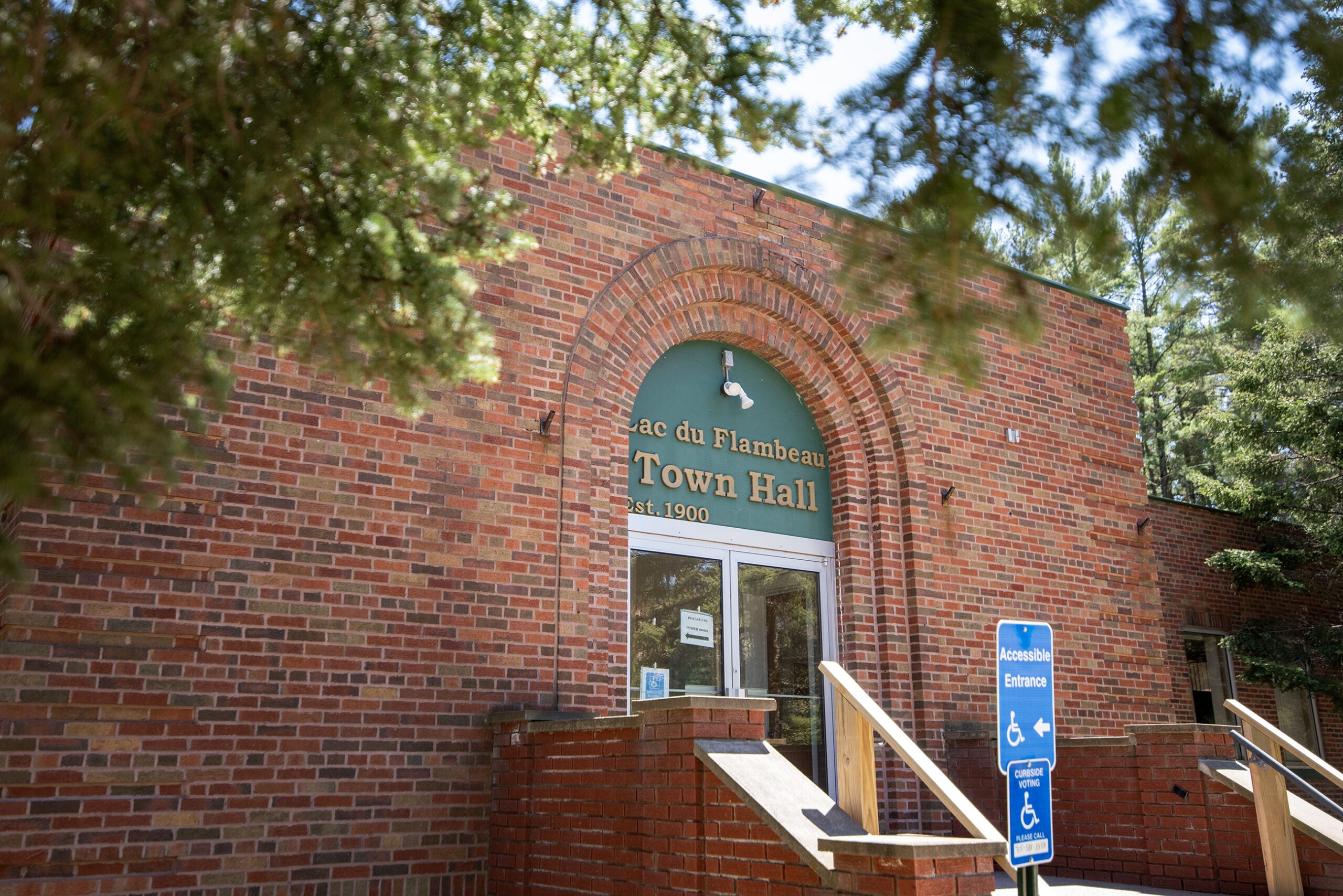Residents of the Lac du Flambeau Band of Lake Superior Chippewa reservation faced poor internet speeds for years. So, tribal officials took matters into their own hands.
The tribe received a $25.6 million federal grant this year from the U.S. Department of Commerce. The tribe plans to use the funds to build an independent broadband system that would be installed and operated by the tribe.
The Federal Communications Commission defines an internet service as “broadband” if it delivers download speeds of 25 megabits per second and at least three megabytes of upload speed. The tribe’s chief operating officer, Dion Reynolds, has said a majority of tribal members are incapable of reaching those speeds with some “close to dial-up speeds.”
Stay informed on the latest news
Sign up for WPR’s email newsletter.
Reynolds and Emerson Coy, the tribe’s director of planning and development, recently appeared on Wisconsin Public Radio’s “The Morning Show” to detail the obstacles ahead and why the tribe took this unusual step.
This interview has been edited for brevity and clarity.
Kate Archer Kent: How many households on the reservation will have access to this high-speed broadband service?
Emerson Coy: Our goal is to have 2,300 homes connected to it. And if there’s other businesses on the way, we will also do that as well. It’s going to take us a couple of years to get out to all of them, because it’s a very large project. We live in an area where there’s lots of lakes. We’re 12 miles by 12 miles — 144 square miles — a third of it is water. We’re going around lakes. It’s not like in the city (where) everything’s a subdivision. We have our work cut out for us, but we have it all planned out pretty well.
KAK: What is the timeline for having your internet service operational?
EC: We would hope to have something beginning operational next fall, but we can’t guarantee that. It depends on if any hurdles happen on the way. It takes time to do it. We’d work with townships, the county, the state on those right-of-way issues. If we have to, we can get an extension. We have two-and-a-half years on the grant to complete it.
KAK: What will high-speed internet do for workforce development and economic development?
Dion Reynolds: We went out and did surveys, and we’re talking to different individuals on the importance of the internet. There’s actually individuals who are (saying) living in the area is almost something that they’re not willing to do because of the speed of the internet and because their jobs rely on that. People who normally couldn’t work in the area because of internet connections… some of them are remote workers where they can actually work from home. That’s the way the world is going right now. But in an area where our internet speeds are not capable of that, it kind of takes away the opportunity to live in this most beautiful area up here and be able to have those jobs.
KAK: You bring up tribal sovereignty, digital sovereignty and supporting tribal citizens to build and operate their own broadband networks on tribal lands. What could Wisconsin do to advance and support digital sovereignty?
DR: I think having more (dialogue) with different tribes directly would be an important step in building that between the government and the tribal governments. The grant wasn’t readily available at the time when we started. We started about two years ago. We reached out to different organizations and some of them would have a conversation with us, but they weren’t as meaningful as we’d hoped. One of the things that would really help is to start with that meaningful conversation and look for what tribes are really trying to get accomplished in their own areas.
KAK: What does digital sovereignty mean to you?
EC: It means a lot, because it puts us in the driver’s seat. And we don’t have to depend on other companies worrying about our rates or what we’re doing and who we are offering the internet to. We’re going to be doing our own thing, which is really an amazing venture for us.
Wisconsin Public Radio, © Copyright 2024, Board of Regents of the University of Wisconsin System and Wisconsin Educational Communications Board.





